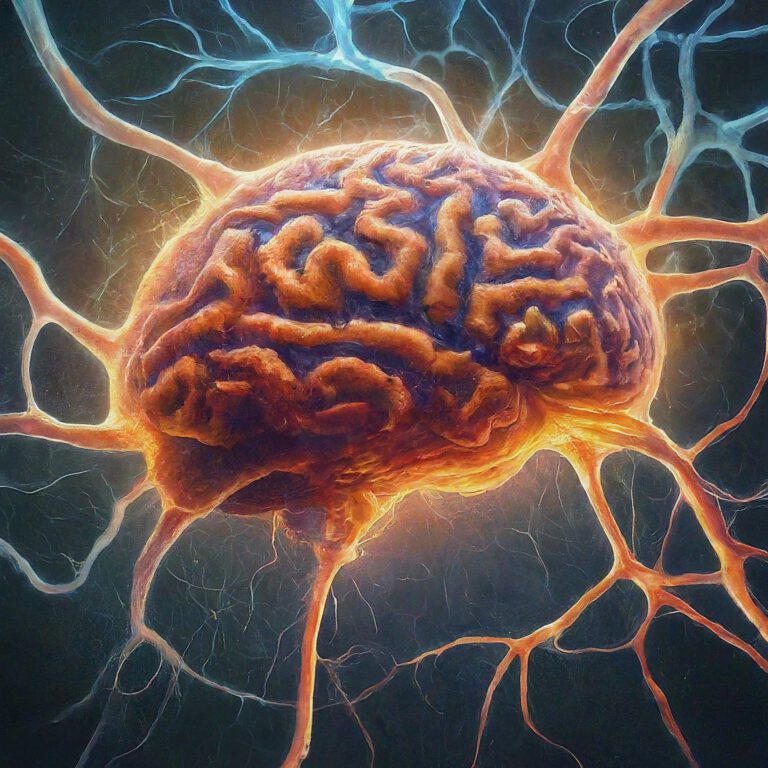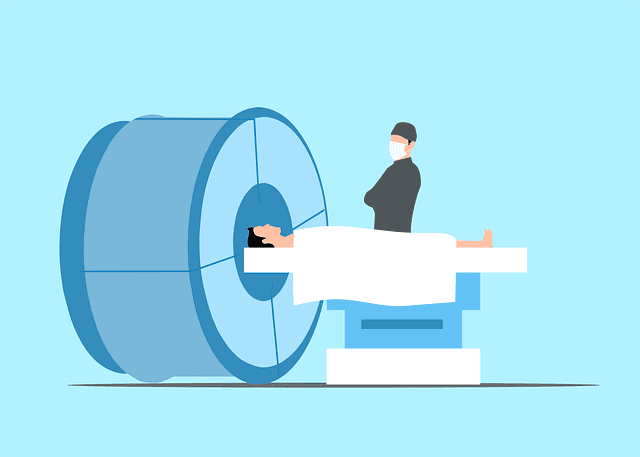Motor neuron disease (MND) encompasses a group of progressive neurological disorders that affect motor neurons, the nerve cells responsible for controlling voluntary muscle activity. This includes essential movements such as walking, talking, breathing, and swallowing. Understanding the intricacies of MND involves examining the interplay between the motor system, neuron function, and the overarching disease processes.
Key Factors Impacting Motor Neuron Disease
Motor System
The motor system is fundamental to MND as it involves the muscles and the nerves that control them. MND leads to the degeneration of motor neurons, resulting in muscle weakness and atrophy. This progressive loss of motor function severely impacts the quality of life, leading to increasing disability and dependence on caregivers.
Neuron Function
Neurons, particularly motor neurons in the brain and spinal cord, are central to MND. These neurons transmit signals from the brain to the muscles to facilitate movement. In MND, these neurons degenerate and die, disrupting the communication between the brain and muscles. This leads to a gradual loss of muscle function, manifesting in symptoms such as limb weakness, slurred speech, and difficulty swallowing.
Disease Progression
MND is a progressive disease, meaning it worsens over time. The rate of progression can vary widely among individuals, making prognosis and management challenging. Some forms of MND, like Amyotrophic Lateral Sclerosis (ALS), progress rapidly, while others, such as Primary Lateral Sclerosis (PLS), advance more slowly. Understanding the specific type and progression rate is crucial for planning care and managing symptoms.
Tradeoffs in Balancing Different Factors
Balancing the management of symptoms, treatment side effects, and quality of life presents significant tradeoffs. For example:
- Medication vs. Quality of Life: Medications like Riluzole and Edaravone can slow disease progression but may have side effects that affect the patient’s well-being. Deciding when and whether to use these treatments requires careful consideration of the benefits and potential downsides.
- Aggressive Treatment vs. Palliative Care: Aggressive treatments might extend life but could lead to a decreased quality of life due to side effects or invasive procedures. Conversely, focusing on palliative care prioritizes comfort but may involve accepting a shorter lifespan.
- Physical Activity vs. Fatigue Management: Encouraging physical activity can help maintain muscle strength and function but may lead to increased fatigue. Finding a balance between staying active and avoiding overexertion is essential.
Challenges Associated with Different Approaches
Managing MND presents numerous challenges:
- Early Diagnosis: Early and accurate diagnosis is difficult due to the variability in symptoms and the overlap with other neurological conditions. Delayed diagnosis can lead to missed opportunities for early intervention.
- Symptom Management: As the disease progresses, managing symptoms like muscle cramps, spasticity, and respiratory difficulties becomes increasingly complex. Multidisciplinary care involving neurologists, physiotherapists, speech therapists, and other specialists is often required.
- Emotional and Psychological Impact: MND profoundly affects patients’ and their families’ emotional and psychological well-being. Providing comprehensive support, including counseling and mental health services, is critical but challenging to implement consistently.
Importance of Considering Impact in Decision-Making
When making decisions about MND, it is vital to consider the broad impact on the patient and their family. This includes:
- Quality of Life: Ensuring that treatment plans and care strategies prioritize the patient’s quality of life.
- Family and Caregiver Support: Recognizing the role and needs of caregivers and providing resources and respite care to support them.
- Patient Autonomy: Respecting the patient’s wishes and autonomy in making decisions about their care and treatment options.
Conclusion
Motor neuron disease presents complex challenges that require a nuanced understanding of the motor system, neuron function, and disease progression. Balancing treatment options, managing symptoms, and supporting both patients and their families are critical components of effective care. By considering the broad impact of decisions and prioritizing quality of life, healthcare providers can better navigate the complexities of MND and offer compassionate, effective care.



